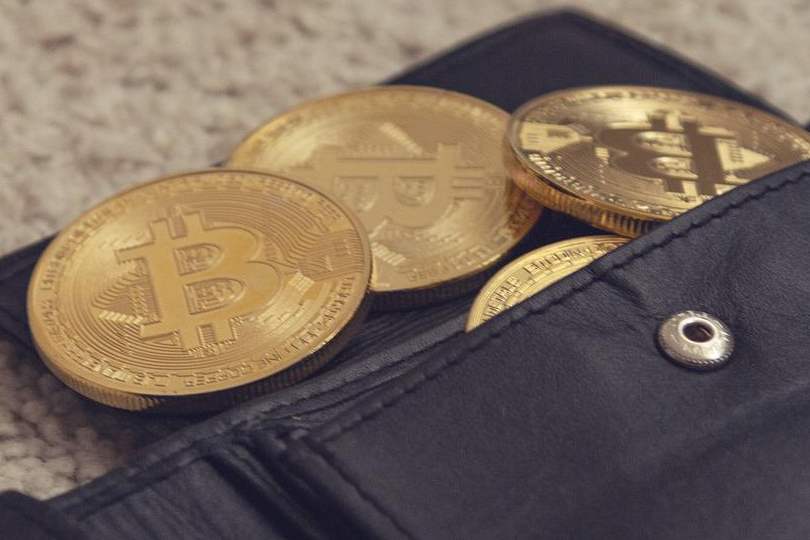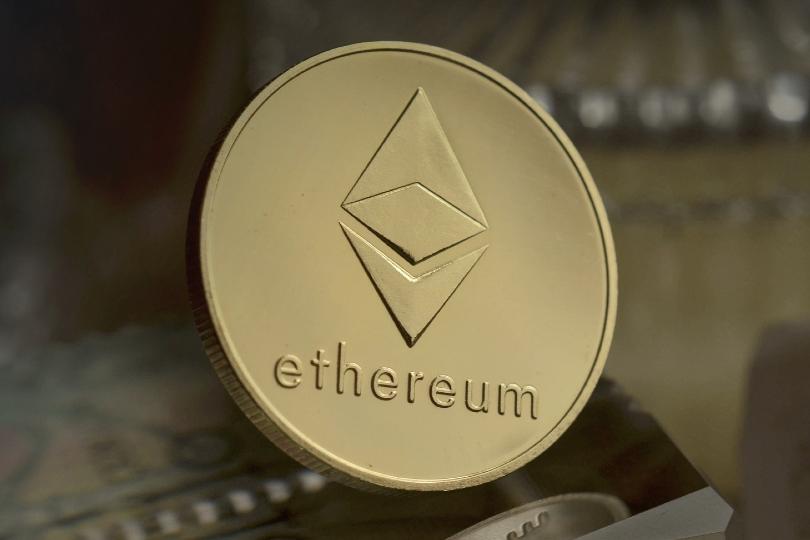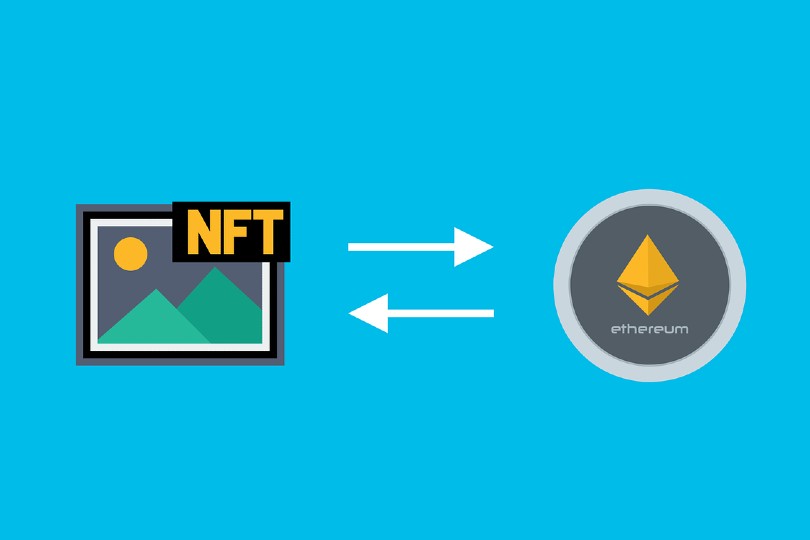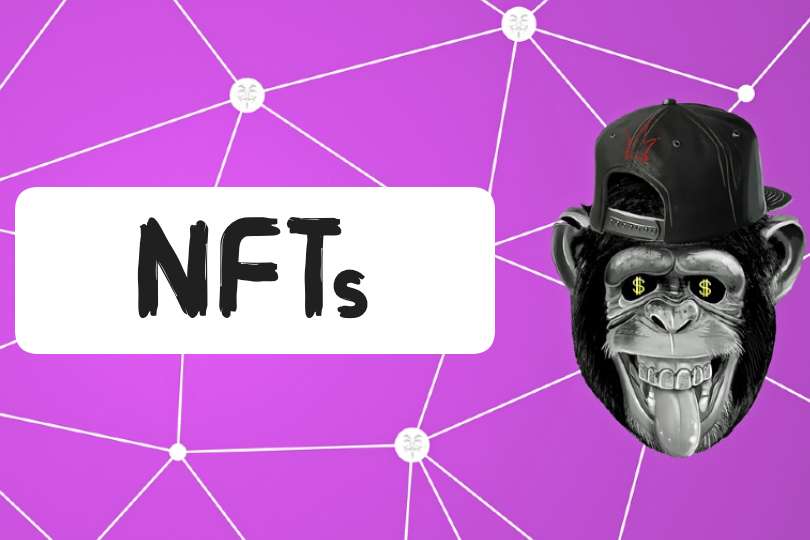What is Cryptocurrency?
Cryptocurrency is a type of digital currency that uses encryption techniques to regulate the generation of units of currency and verify the transfer of funds. It is a decentralized form of currency, which means that it is not controlled by any central authority, such as a government or a financial institution.
Cryptocurrencies operate on a technology called blockchain, which is a decentralized, distributed ledger that records transactions in a secure and transparent manner. Each block in the chain contains a record of several transactions, and once a block is added to the chain, it cannot be altered. This makes the blockchain technology tamper-proof, secure, and transparent.
Is cryptocurrency regulated in the UK?
Cryptocurrency isn’t regulated in the UK, however the UK government has set out plans to “to regulate crypto and protect consumers“.
In 2019, the UK government issued guidance on cryptocurrency regulations, which outlined the regulatory framework for businesses operating in the cryptocurrency sector. The guidance covers areas such as anti-money laundering (AML) and counter-terrorism financing (CTF) regulations, tax laws, and consumer protection.
Under the UK’s AML and CTF regulations, cryptocurrency exchanges and other crypto-related businesses are required to register with the Financial Conduct Authority (FCA) and comply with the same regulatory requirements as traditional financial institutions. The FCA also has the power to take action against companies that do not comply with the regulations, including issuing fines and revoking licenses.
In addition to the FCA’s regulations, the UK’s tax laws also apply to cryptocurrency transactions. In general, cryptocurrency is treated as property for tax purposes, and individuals are required to pay capital gains tax on any gains they make from buying and selling cryptocurrency.
Overall, while cryptocurrency regulation in the UK is still evolving, the country has taken steps to regulate the industry and provide guidance to businesses and individuals operating in the sector.
What is Blockchain?
Blockchain is a distributed database that allows multiple parties to have simultaneous access to a single source of truth without the need for a central authority or intermediary.
It is a decentralised, digital ledger that records transactions in a secure and transparent manner.
The blockchain is made up of a series of blocks, each containing a record of several transactions. Each block is connected to the one before it and the one after it, forming a chain of blocks that is tamper-proof and immutable. Once a block is added to the blockchain, it cannot be altered or deleted, making it a secure and transparent record of all transactions.
The security of the blockchain comes from the use of cryptographic algorithms that ensure the integrity of the data stored on the chain. These algorithms ensure that once a transaction is recorded on the blockchain, it cannot be altered or deleted without detection.
The transparency of the blockchain comes from the fact that all transactions are visible to all parties on the network. This means that any participant on the network can see the history of all transactions, making it a transparent and auditable system.
The blockchain technology has many potential applications, including in finance, supply chain management, voting systems, and more. It has the potential to revolutionise many industries by providing a secure, transparent, and decentralised way of recording and verifying transactions.














